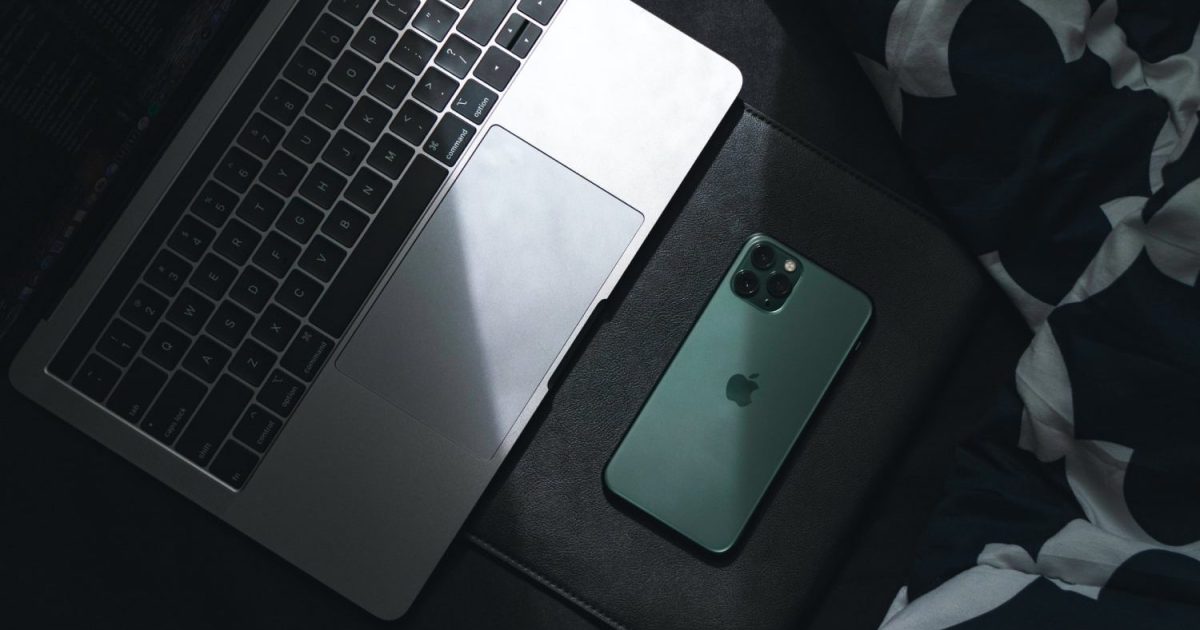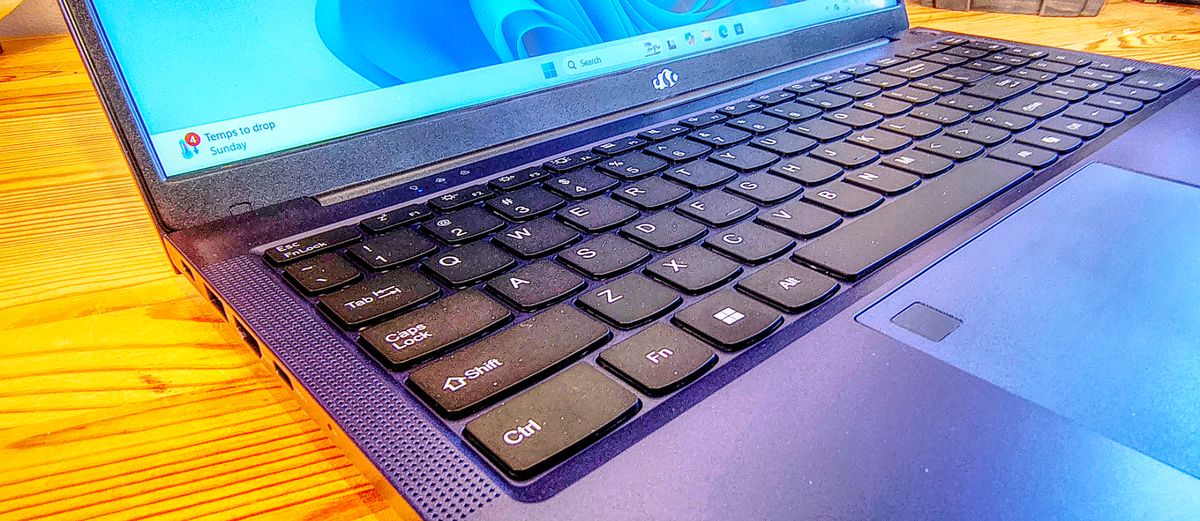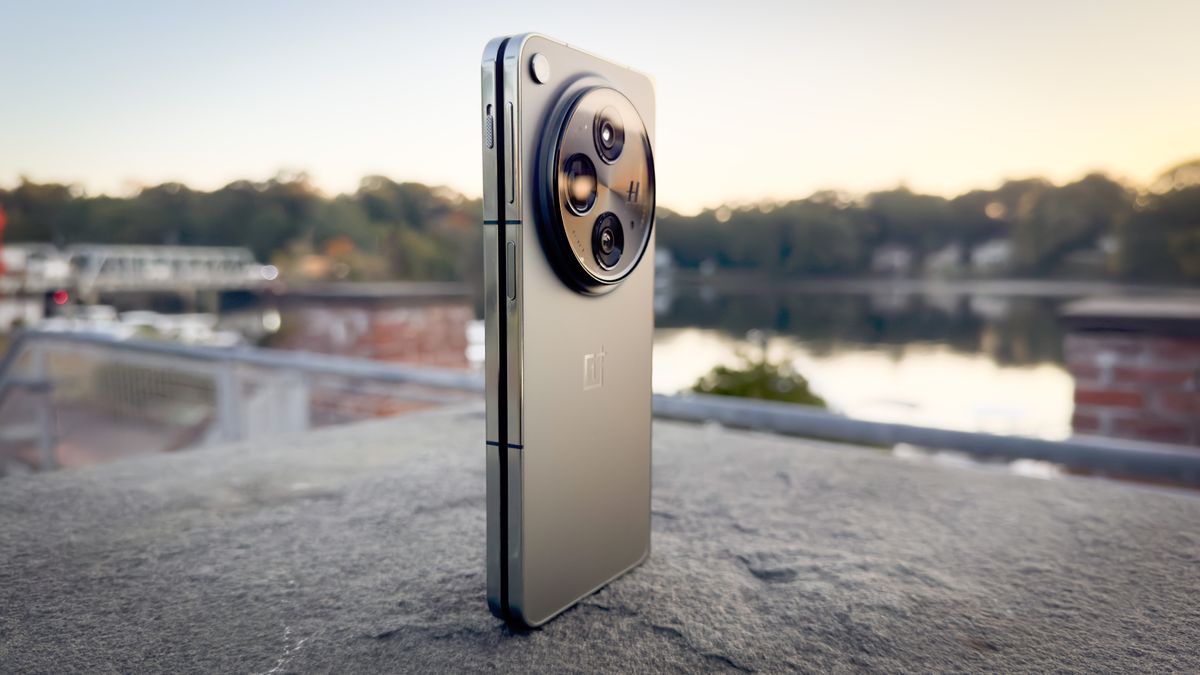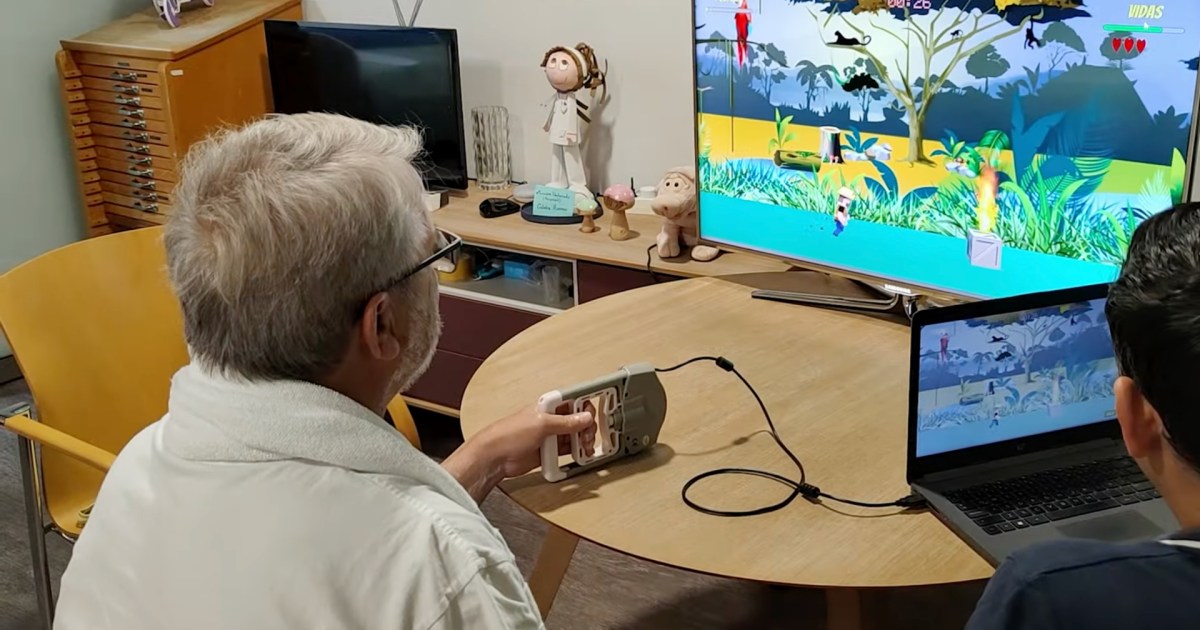
The prices of phones and laptops remain stable thanks to the reduction in fees.
The U.S. government has amended its tariff policy for products from China, excluding electronic items such as phones, laptops, and processors.
Recently, those who feared an imminent and drastic rise in prices for electronic products such as iPhones, laptops, and PC components may be feeling more at ease. The U.S. government has granted an exemption for a wide range of electronic items from the high tariffs imposed on China in recent weeks.
The situation became critical when the U.S. government implemented heavy tariffs on several countries in Asia and Europe, including China. While other nations received a temporary 90-day relief, China, a vital manufacturing hub for companies like Apple and Nvidia, was not granted such relief. Economic experts anticipated that this could trigger a significant increase in prices for products like smartphones, PC equipment, and video game consoles. For this reason, Nintendo decided to suspend pre-orders for its next-generation Switch 2 console, and PC brands such as Razer and Framework adjusted their sales strategies to adapt to the tariff-related changes.
As a result of the panic, consumers in the U.S. began purchasing large quantities of products like the iPhone. Reports indicated that Apple shipped 600 tons of products from India to bolster its inventory in the country. Furthermore, Amazon suppliers in China were considering implementing a notable price increase on their products due to the tariffs.
This situation represents a considerable relief for consumers, as companies such as Apple, HP, Microsoft, Dell, and Intel not only rely heavily on China for manufacturing their products but also regard it as an important market. With a 125% tariff on products coming from China, it was easy to foresee an increase in consumer goods prices in the U.S. market. However, this impact has been avoided, at least for now.
The U.S. Customs and Border Protection Agency has issued an update on the Reciprocal Tariff Exclusion policy, listing 20 product categories that include devices such as memory chips, laptops, disk drives, semiconductors, and flat screens. It is noteworthy that the exemption also includes machines that manufacture semiconductors, which are crucial in devices ranging from phones and laptops to vehicles. According to reports, Apple's imports from China, including iPhones, iPads, smartwatches, and AirTags, are now protected against tariff-induced price increases. Additionally, the measure will benefit products sold in the U.S. by companies such as Samsung, HP, and Microsoft.



